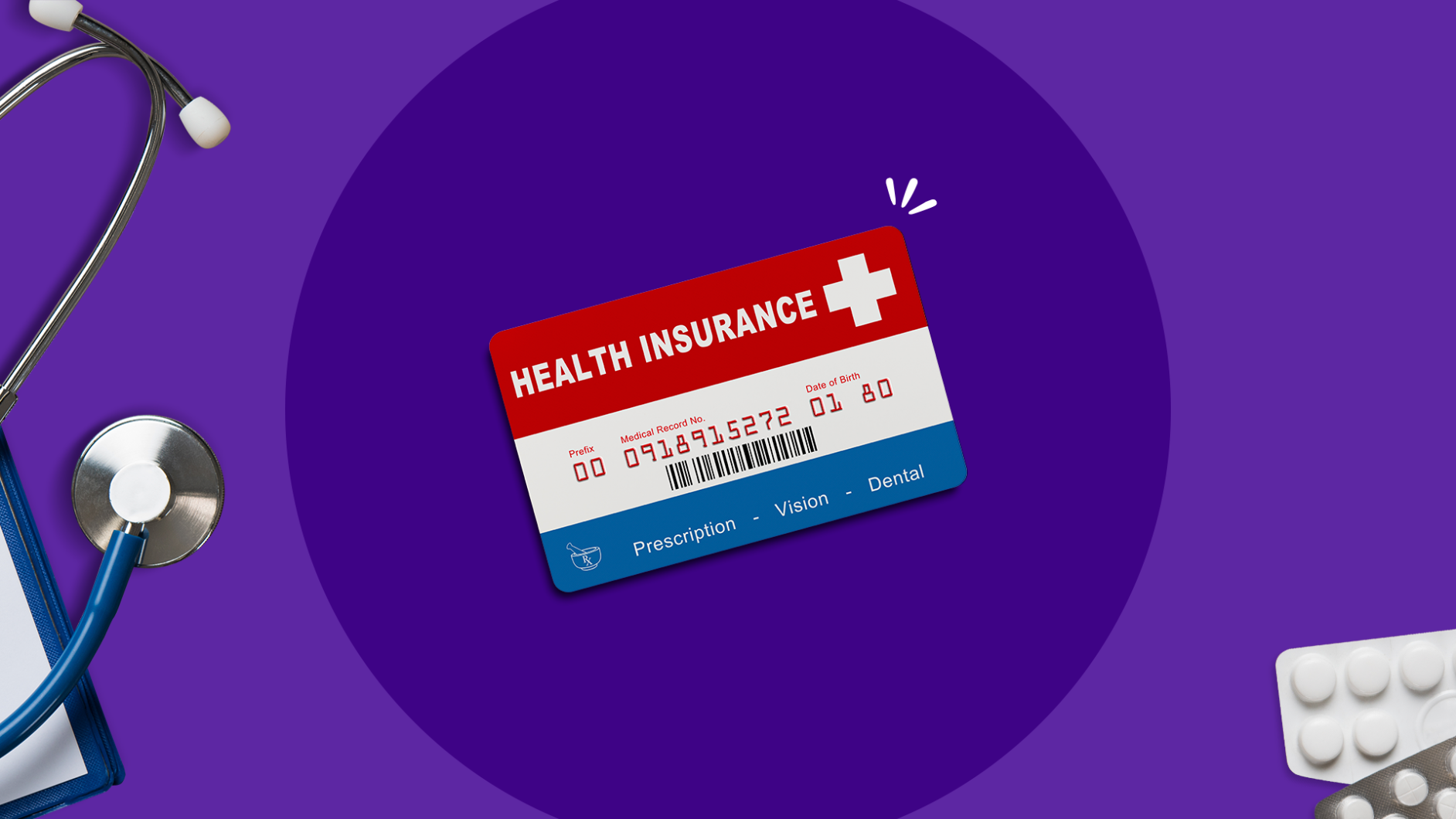Key takeaways
Choosing health insurance is challenging due to unpredictable health futures and considerations like pre-existing conditions or unexpected medical emergencies.
A variety of health insurance plans are available, including HMO, PPO, HDHP, as well as options for employer-sponsored coverage, short-term insurance, and plans for the self-employed.
Enrollment periods for health insurance vary, with specific times for ACA and Medicare plans, and special enrollment periods triggered by life events such as marriage, job changes, or having a baby.
Understanding health insurance terminology and options, including Medicaid, Medicare, HMO, PPO, HDHP, along with the differences in coverage, costs, and eligibility, is crucial for making informed decisions.
Choosing a health insurance plan is a tough decision, as it’s impossible to know what the future of your health holds. On one hand, if you have a pre-existing condition, you can count on frequent doctor’s visits and prescription fills. On the other hand, you can’t predict when medical emergencies or a pandemic will strike. Whether you have a qualifying life event, you’re preparing for open enrollment, or you’re just wondering how to get health insurance, we’ve compiled a list of resources to streamline your decision.
Types of plans
There are many health insurance plans to choose from. The majority of people (49%) in the U.S. have employer-sponsored health insurance coverage. When you start a new job or when open enrollment comes back around, you’ll likely be reviewing a variety of options, including health maintenance organizations (HMO), preferred provider organizations (PPO), and high deductible health plans (HDHP). Or maybe your situation is unique and you’re looking for short-term coverage. How do you know which is the best plan for you? Browse the resources below to find out what each type of plan has to offer.
RELATED:
Best health insurance companies
If you have employer-sponsored health benefits, you may not have a choice in your insurance provider. Here are the top five health insurance companies by membership, according to 2018 data.
| Number of members | Plans | |
| UnitedHealthcare Group | 49.5 million | Family and individual plans Small business plans Short-term health insurance Dental and vision plans Medicare Medicaid |
| Anthem | 40.2 million | Family and individual plans Employer group plans Dental, vision, life, and disability insurance Travel medical insurance Medicare Medicaid |
| Aetna | 22.2 million | Employer-sponsored plans Student plans International plans Dental, vision, pharmacy, and supplemental insurance Medicare Medicaid |
| Cigna | 15.9 million | Family and individual plans Dental and other supplemental insurance International plans Medicare and Medicare supplement plans Medicaid |
| Humana | 14 million | Employer group plans Dental, vision, and pharmacy drug plans Medicare and Medicare supplement plans Medicaid |
This is not a comprehensive list of health insurance plans or providers. Browse the Marketplace for more plan information.
When to sign up for health insurance
There are different open enrollment periods for Affordable Care Act (ACA) and Medicare plans. Medicare open enrollment is between October and December. ACA open enrollment runs from November to December. However, if you’re going through a significant life event (i.e., aging out of your parent’s plan, starting a new job, getting married or divorced, having a baby), you might qualify for a Special Enrollment Period of 30 to 60 days. Another option is to enroll in short-term health insurance or apply for Medicaid or Children’s Health Insurance Plan (CHIP), which aren’t limited to an open enrollment period.
RELATED:
- ACA open enrollment
- Medicare open enrollment
- What to do if you missed open enrollment
- Qualifying life events for a Special Enrollment Period
Medicare & Medicaid
In 2018, 20% of Americans had Medicaid coverage and 14% were enrolled in Medicare. Both are funded by the federal government, providing free or low-cost healthcare coverage to low-income families and seniors.
Medicaid eligibility is income-based and you can apply at any time. Eligibility varies by state and some exceptions apply. If you don’t qualify for Medicaid, you can apply to CHIP, which provides affordable health insurance for children.
Medicare is age-based and you’ll most likely be eligible when you turn 65 years old. Although, you might be eligible for Medicare if you’re younger than 65 and have a permanent disability or qualifying disease. If you’re interested in these insurance options, you can compare coverage below.
RELATED:
Health insurance dictionary
Health insurance is complicated, and your decision can affect your health and finances for the rest of the year. There are so many acronyms and exceptions, it can make your head spin. For instance, the money you contribute to a health savings account (HSA) rolls over year after year but money in a flexible spending account (FSA) doesn’t. Or what about the fact that copayments don’t count toward your deductible, but they do count toward your out-of-pocket maximum? Use the following guides to decipher acronyms and insurance jargon.




